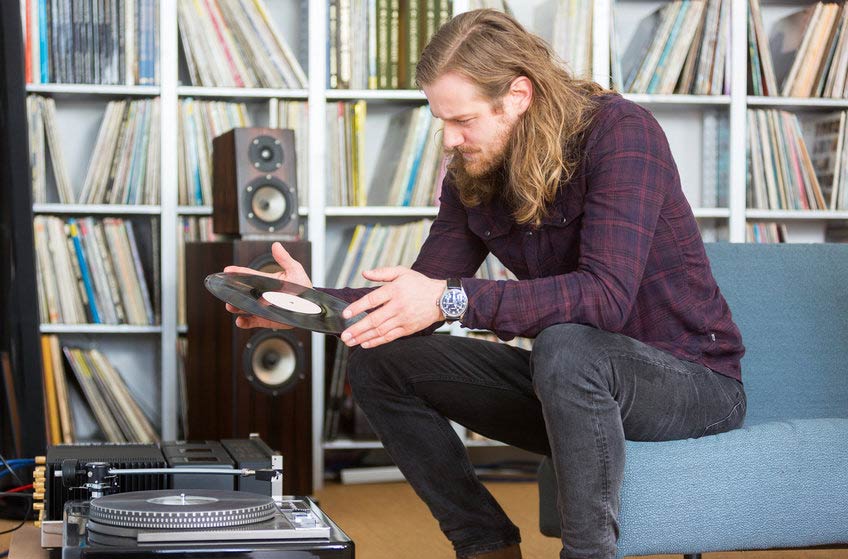The largest of the Big Three record companies, UMG traces its roots back to 1934, when the American branch of Decca Records was founded. The name Universal derives from the label’s early attachment to Universal Pictures. In 2004, the movie studio was acquired by General Electric and by 2006, the record label had been fully acquired by French corporation Vivendi.
Universal’s current Chairman and CEO is Lucian Grainge, an industry rock star who has held the number one position on Billboard’s Power 100 list as the most powerful person in the music business for the years 2013, 2015, and 2016.
In recent years, artists affiliated with the label have included Rihanna, Lady Gaga, Amy Winehouse, Carly Rae Jepsen, Arianna Grande and Maroon 5. ABBA, Johnny Cash, Bjork, Bob Marley, The Cure, Desiigner, Florence and the Machine, Kanye West, Lana Del Rey, Madonna, Taylor Swift, Queens of the Stone Age, and U2 are also affiliated with Universal and its various sublabels.
In the US, Universal owns or possesses a joint share in the following record labels: Interscope, Geffen, A&M, Capitol Music Group, Republic Records, Island Records, Def Jam Recordings, Caroline, Universal Music Group Nashville, Universal Music Latin Entertainment, the Verve Label Group, Universal Music Enterprises, and Eagle Rock Entertainment.
Under each of these bigger labels are dozens of smaller labels, including (but definitely not limited to) Aftermath Entertainment, Blue Note Records, Motown Records, ANTI-, Decca Records, and Deutsche Grammophon. Of course, under the umbrella of the Universal name fall Universal Music France, Japan, Sweden, Australia, and many others.
